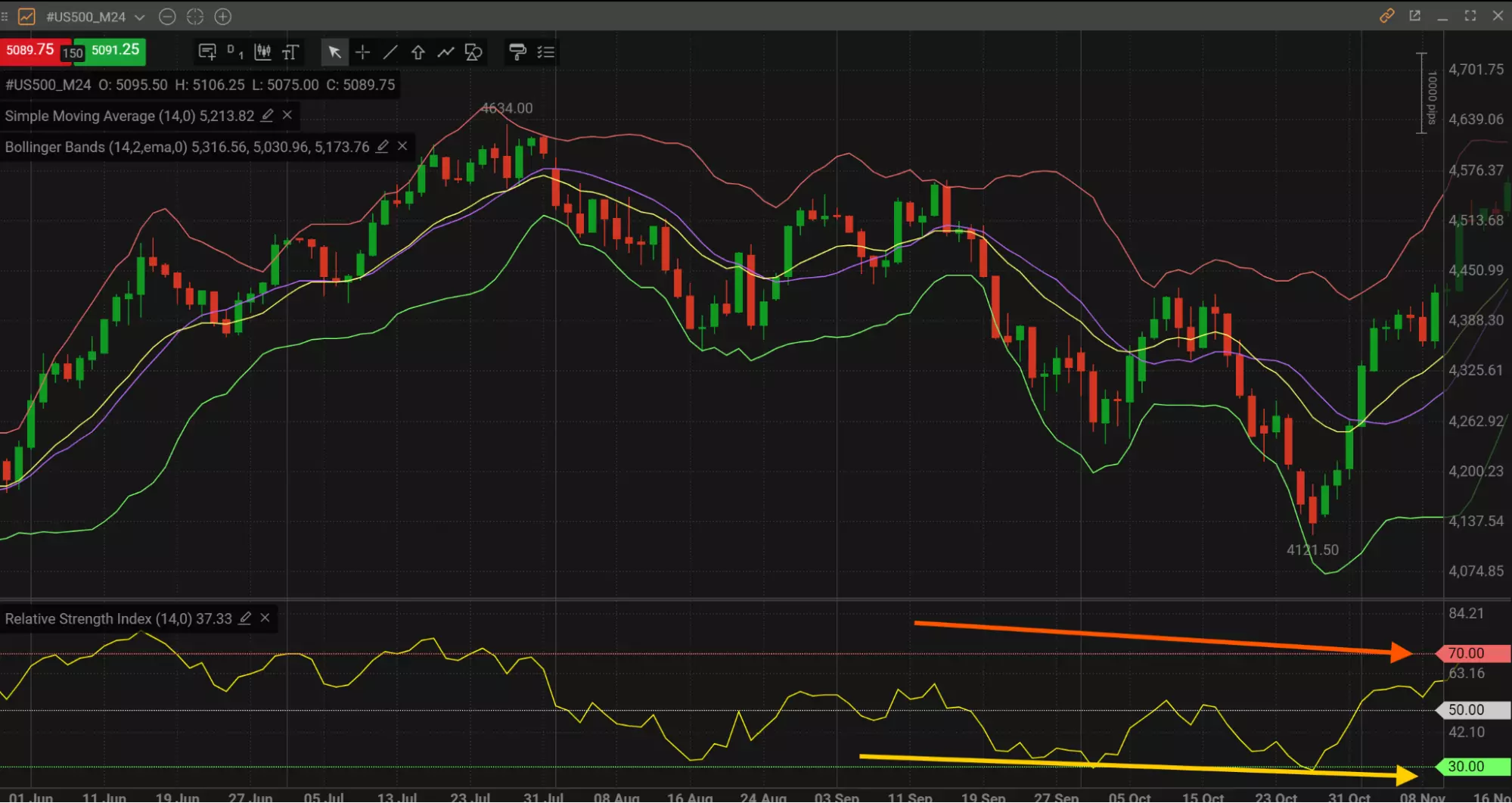
Indian regulators are widening a probe into secretive trading firm Jane Street, launching an investigation into whether the firm and other foreign high-frequency traders gained an unfair advantage through privileged access to proprietary trading data.
At Whale Hunting, we investigate the hidden engines of global finance. Our latest story goes far beyond the headlines to reveal how one of the world's most powerful and secretive trading firms is at the center of a mounting scandal in India.
Yes, we're talking about Jane Street – the same firm that trained disgraced crypto kingpin Sam Bankman-Fried and, by some estimates, accounts for over 10% of all North American equity market activity. Now, as Indian regulators probe allegations of market manipulation and privileged access to trading data, the firm’s extraordinary profits are under the microscope.
This is a battle for the soul of a nation's fast-growing financial system, pitting the technological might of foreign firms against the millions of local investors who are consistently losing out. Can India protect its markets from a new kind of "predatory" capital, or is this a global game of whack-a-mole that regulators are destined to lose?
This story is open to all and our work is available for free to anyone who signs up with their e-mail. But investigations like this aren't cheap. If you believe accountability journalism matters, consider upgrading to a paid subscription—or sending a one-time boost. Every contribution directly funds more reporting like this.
Have a tip? Reach us at:
📩 whalehunting@projectbrazen.com
📧 projectbrazen@protonmail.com
🔒 Secure contact details here.
We protect our sources.
--Tom
Indian regulators are widening a probe into secretive U.S. trading firm Jane Street, launching an investigation into allegations the firm and other foreign high-frequency traders (HFTs) gained an unfair advantage through privileged access to proprietary trading data, according to two sources with knowledge of the action.
This latest front adds to a mounting pile of allegations, including a sophisticated market manipulation scheme and a tax probe. The focus of the investigations is a handful of foreign firms that have made billions of dollars in profit from a distance, with a minimal local presence. The victims, regulators argue, are the millions of regular Indian retail investors who are overwhelmingly losing money in the very market the foreign firms are allegedly gaming.
At its core, this is a story of a new kind of economic hegemony, where a handful of global firms, operating from hubs in New York, Hong Kong, and Singapore, are allegedly extracting immense wealth from India's markets. The sheer scale of the operation is staggering: while a recent Securities and Exchange Board of India (SEBI) study found that 9 out of 10 individual traders lost money in the options market last year, the regulator's own filings revealed Jane Street alone amassed $4.3 billion in profits from January 2023 to March 2025.
This raises a critical question: can India protect its fast-growing financial markets and the small-time investors who fuel them from what SEBI has referred to as "predatory" capital? The firm's profit from India, with a single day allegedly yielding over $81 million, is a vivid illustration of the lopsided nature of the market. This is a far cry from helping India's financial development, as the bulk of these profits are moved offshore through a web of entities designed to take advantage of tax treaties.
Foreign HFT firms were particularly drawn to India's burgeoning financial landscape for several key reasons. India's economy has been a story of remarkable growth, with real GDP expanding at a brisk pace and capital markets deepening significantly. This robust performance, despite some recent stock market weakness, has made India a prime destination for global capital.
Furthermore, profits for HFT firms (featured in Michael Lewis' Flash Boys) have been under pressure in more mature markets like the U.S. and Europe, where regulatory scrutiny is tight and competition is fierce. India, with the world's biggest derivatives market by contracts traded, presented a lucrative new frontier. The National Stock Exchange of India, or NSE, in its aggressive push to become a global powerhouse, first allowed algorithmic trading in 2010. This paved the way for foreign HFT firms to enter the market and leverage their technological superiority to capitalize on the country's rising fortunes. Jane Street officially entered the Indian market in 2020, with other firms following suit, choosing to operate from overseas hubs with only a skeleton staff on the ground, allowing them to extract massive profits without building a substantial local presence.

This drive to attract big players was particularly intense as the NSE prepared for a long-awaited and highly anticipated public stock listing, where higher trading volumes would translate directly into a higher valuation. This pursuit of global dominance, however, may have inadvertently – or intentionally – created a system with built-in advantages for a select few. The alleged data access being probed is reminiscent of the "co-location scam," a separate historical scandal from the 2010s where local brokers were given preferential access to the exchange's servers, highlighting a broader, persistent concern about market fairness and a systemic vulnerability at the exchange itself.
The Jane Street saga offers a powerful case study of this dynamic. The firm, known for its brilliant math whizzes who are trained to be market gamblers, gained notoriety as the training ground for Sam Bankman-Fried and Caroline Ellison, the disgraced crypto kingpins whose careers began at the firm. (Jane Street features prominently in Brazen's Crypto Kingpins podcast, available here.)
Jane Street is accused by SEBI of using a "banging the close" strategy to manipulate the Bank Nifty index. This scheme, which allegedly made billions of dollars in profit, involves placing a large number of orders at the end of the trading day to artificially move prices and make the firm's other bets in options markets more profitable. In July, the regulator temporarily banned Jane Street from trading in Indian equities and put a freeze on $567 million of its funds.
In response, Jane Street has pushed back hard, calling the allegations "erroneous.” Legal experts note that proving market manipulation is a high bar for regulators, who must not only show that a firm benefited from market movements but also prove intent to manipulate. The firm's likely rebuttal is that its trades are simply exploiting market inefficiencies – a standard, and legal, practice in markets globally – and that profiting from market misalignment is not the same as illegal manipulation.
In a parallel tax probe, the firm is also being investigated for allegedly using a web of offshore units to move profits out of India, with tax authorities reporting a lack of cooperation. This investigation addresses the concern that while HFT firms extract immense wealth from India's markets, they are not contributing their fair share of taxes locally. The tax probe and the public disclosure of high profits were key factors that led to wider scrutiny of the firm's operations.

The ruthless competition among foreign firms became public in a New York court case where Jane Street sued rival Millennium Management over allegations that a profitable, India-focused trading algorithm was stolen by former employees, further highlighting the immense value these firms place on their Indian strategies. This court case, where Jane Street proudly disclosed that its India options market strategy had made $1 billion in profits in 2023 – around 9% of its estimated global profits of $10.6 billion for that year – is what first put the firm on SEBI's radar.
The new probe into data access adds another layer of complexity. According to two people with knowledge of SEBI's actions, regulators are examining whether Jane Street, along with rival firms Citadel, Millennium, Susquehanna and others had an unfair advantage from enriched data sets sold by an NSE subsidiary. The regulator is looking into the use of this data, which included confidential details on client-type identification, hidden order quantities, and even the specific price levels of stop-loss orders. This level of detail could allow a firm to not only predict market movements with extreme accuracy but also to execute manipulative strategies, such as triggering a cascade of stop-loss orders to drive down prices.
If the NSE made the data available for sale, it's not immediately clear that there was any wrongdoing on the part of the firms who legally purchased and used it. Such granular data sets are not available in the U.S. due to a stringent regulatory framework that protects trader anonymity and market fairness. U.S. exchanges and the SEC have strict rules preventing the dissemination of confidential information like client identities, hidden order quantities, or stop-loss levels. Providing this data would be considered a severe violation, enabling market manipulation and leading to swift enforcement action.
The outcome of this probe will not only determine Jane Street's future in India but will set a precedent for how global high-frequency trading firms are regulated in emerging markets for years to come. SEBI's actions signal a clear intent to level the playing field, with the regulator’s chairman stating they "have PhDs from our side" and are not intimidated by the firms’ technological prowess. Yet, the broader question looms: will sophisticated traders simply find the next poorly regulated market to exploit? This dynamic is not new; it was a central theme in Michael Lewis's Flash Boys, which chronicled the early days of HFT in the U.S. While many of the most egregious strategies, like those tied to latency arbitrage, have been largely mitigated in mature markets, the core of HFT – leveraging speed and informational advantages to exploit market structure – remains a powerful and profitable engine. As regulators in one country close loopholes, these firms have a proven history of moving their operations to the next frontier, raising the possibility that this is a global game of whack-a-mole with local regulators constantly playing catch-up.
Got a question or a tip for us? Get in touch at whalehunting@projectbrazen.com. You can also contact us securely here.
You can also follow Whale Hunting on Instagram, Threads and on X (Twitter). To chat with fellow Whale Hunters and stay in touch with Bradley and Tom, join our Discord server.
For unlimited access to Whale Hunting’s investigative reporting, consider signing up for a paid subscription. You’ll get special editions of the newsletter and the Weekender, as well as premium podcast access and discounted merch.
Enjoying Whale Hunting but not ready to subscribe? Show your support by leaving a tip (via credit/debit card or crypto) instead.